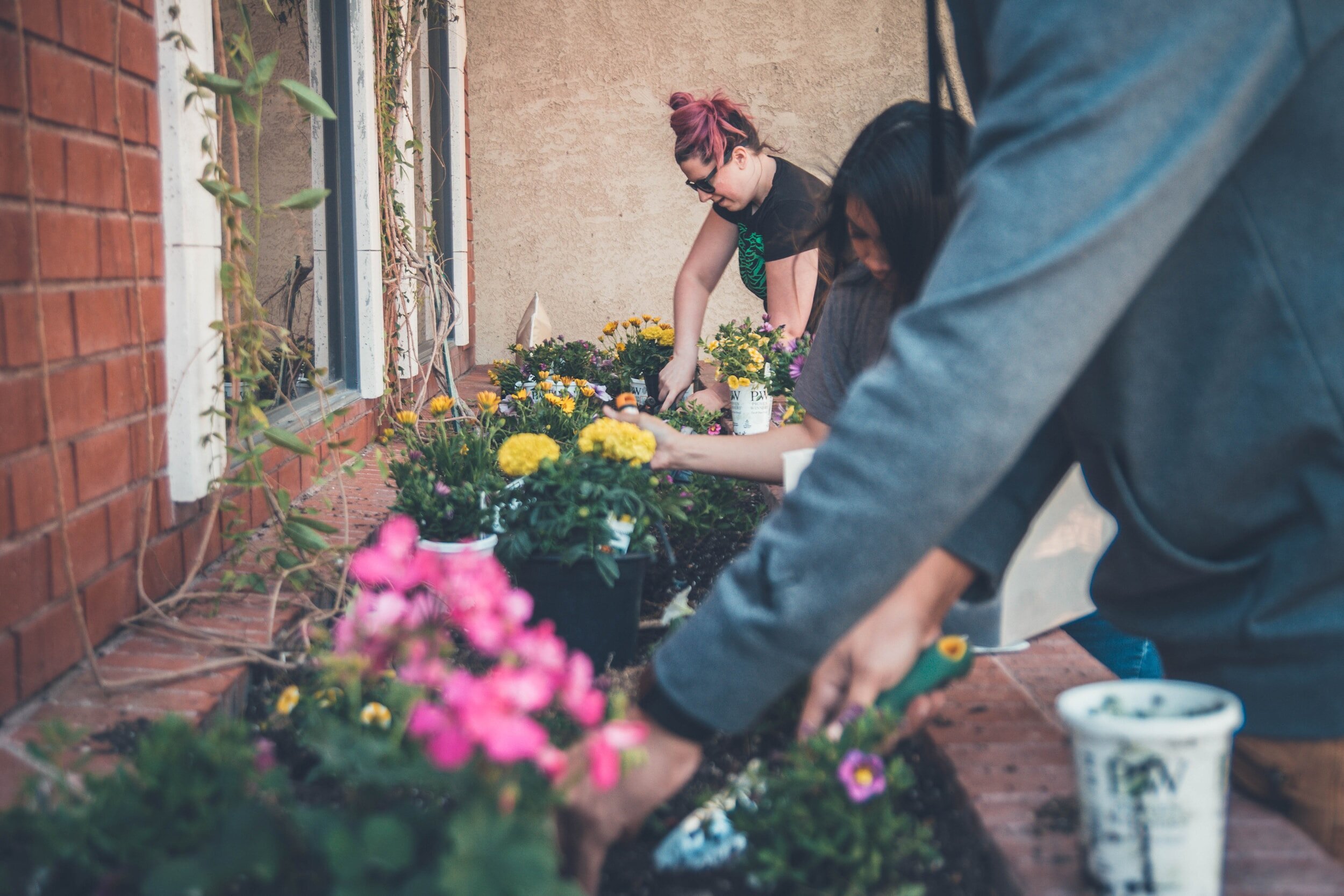Who We Are
The YWCA Evanston/North Shore is dedicated to eliminating racism, empowering women, and promoting peace, justice, freedom, and dignity for all.
About YWCA USA
YWCA is proud to be the oldest and largest women’s movement, providing services for women and their families in our community. Women come to YWCAs in times of crisis, as survivors of rape or domestic violence. They come for job training and career counseling. They come for childcare. They come for health and fitness. They come for a variety of reasons. But they come. And they leave with a renewed spirit, new skills, and stronger lives. Our local programs and services have furthered the YWCA vision of peace, justice, freedom, and dignity for all people since 1914.
Over the past 108 years, programs have evolved and have included educational and employment classes for women, teen clubs, community dialogue groups to discuss race relations, child care centers, a youth resource center, and aquatics programming.
We work to bring out the individual strengths of women and youth and to foster resiliency and self-sufficiency. Our philosophy, in keeping with the mission of the YWCA to empower women and families, centers on providing the skills and confidence needed to succeed.
About YWCA Evanston/North Shore
YWCA Evanston/North Shore’s (E/NS) roots stretch back to 1931. We started as a place that provided safe housing and support for young women coming to the city to work. Our programs and services have continually evolved to meet the changing needs of the communities we serve.
We are a nonprofit organization that works to eliminate racism, empower women, stand up for social justice, and strengthen local communities. YWCA E/NS serves more than 8,000 people annually in northeastern Cook County through our Domestic Violence, Equity Institute, Economic Advancement, and Flying Fish Aquatics programs.
Our Mission
YWCA Evanston/North Shore is dedicated to eliminating racism, empowering women and promoting peace, justice, freedom, and dignity for all. Everything we do is based on the belief that all women have the right to be safe and choose the direction of their lives. Our programs address the fact that far too many women experience violence, and lack economic security, and these issues disproportionately impact women of color. If we want to empower all women, we must also tackle racism. When all women are able to reach their full potential, our communities thrive.

Eliminating Racism, Empowering Women and Promoting Peace, Justice, Freedom and Dignity for all.
Our Values
TRANSPARENCY
We are consistent, open, and clear with communication and information sharing.
COLLABORATION
We leverage our unique strengths, perspectives, and lived experiences to grow and achieve our shared goals.
CURIOSITY
We inquire, take risks, and self-reflect to deepen learning, foster innovation, and encourage growth.
BELONGING
We listen with intent, celebrate each other’s accomplishments, and foster an environment where all feel included.
JUSTICE
We recognize that structural racism impacts our lived experiences and commit to courageous actions to dismantle systemic barriers within our organization and community.

Key Dates in YWCA USA History




